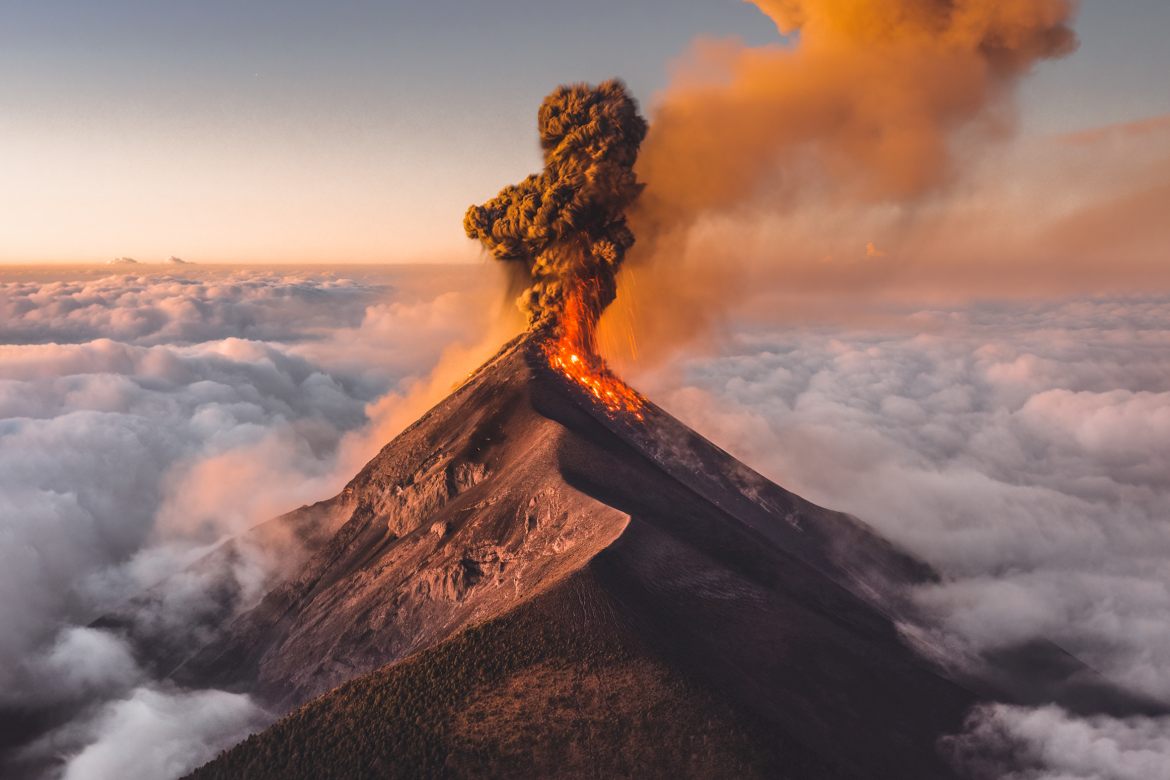“They greet you by singing of ancestors and earth.“
When a band is formed of all-star members, shaking off prior shackles of success must be a slog. Instead of being fascinated to read what the world has to say about your latest work, finding only some easy name-drops together with the same discussions about debuts and “that one bad album” must be tiresome. Racetraitor have such a history, and you can find out about their wider links elsewhere. Their second album in their comeback era is about to drop, and Creation and the Timeless Order of Things is full of risks and surprises.
As the name suggests, Racetraitor has always been a project that considers the origins and experiences of its members when it comes to race, racism, and society. Specifically, Creation and the Timeless Order of Things highlights stories of oppressive systems, Indigenous rights, and colonialism, along with the fight for liberation against all this. At a sonic level, the record uses non-western instrumentation at its foundation to help transmit this message, including Persian instrumentation like the Persian setar, the Arabic Out, plenty of luscious strings, and unique vocal styles you won’t typically find in the heavy music sphere. But all these delicate sounds work within the carnage and anger that the record goes far beyond embodying.
Whilst the expanded instrumentation is a treat to the ears, you will probably be surprised by the metal that’s on the record. The band’s 1998 record boasts classic 90s death metal tones that have aged blissfully to my ears (and needed no remastering). Their comeback record 2024 was a more conventional but by no means dulled metalcore sound, with grit from the anguished vocals. This record seems to shift the metalcore element, both through tone and also in compositional style. It’s much closer to doom and black metal, relinquishing riffy moments for unhinged fury. The vocals are now strongly layered and deliberately messy. Andrew Hurley’s drums define much of the genre shift, as the man’s been practising his double kicks and blast beats. What remains is a band that sounds more like The Body than Show Me The Body, an esoteric sound that is equally unique and difficult.
“Eid” is the opener and the album’s most excellent single. Luscious plucked strings from a Persian setar (Fared Shafinury) and ominous drums make for a huge overture, and the introduction to the absolutely deranged vocal delivery. Although there’s an awkward fade out of the first heavy verse, the track returns to heaviness again after a vocal interlude by Patrick Hassan. This time, there’s a swell of strings and the vocals, and the extra riff at the very end is pure sonic panic. Non-metal instrumentation can be found across Creation and the Timeless Order of Things, but “Eid” is the only one to give it centre stage, as it must fight the guitars and drums for space elsewhere. This leads to an effective, layered sound, but it is an exhausting one.
Each of the songs is a separate story. “Cave of the Patriarch” is a timely track, as its poetry concerns Hebron in the Palestinian West Bank. Singer Mani Mostofi sings of his experience during his visit (“Each street looms a sniper tower / Each move tracked by a racist shooter”) and reflects on the Palestinian plight (“These checkpoints grade humanity / The guys talk hip hop and family / Normal is our sanctuary”). It goes without saying that since writing this track, this message is only more urgent. The song “Land Acknowledgement” is itself a land acknowledgement – a recognition that the land beneath one’s feet is another’s by distant, but ever-true right. Here, the band acknowledges the native population’s right to the shores of Lake Michigan and Chicago, where most of the band grew up.
Several short tracks give you the Racetraitor experience with speed. “Sword” did the most for me, a single winding minute offering intensity. “Chamaelecón” keeps the expended instrumentation, and “Pastoral Monolith” holds some memory of the project’s metalcore beginnings, with a vocal feature from Denis Lyxzén. “Subordinate Terror” starts as if it was an overture, something desperately needed in the record’s latter half, but offers a little groove before ending abruptly. In terms of interlude, it’s “Cape Rerenga” that delivers, quiet in its first half with vocal contributions by Carrie Gerardi. The second half keeps the tempo but engages screams once again.
“Pangaea Proxima” is the closer and longest track, a slow one that grows protracted blast beats with its swelling anger. It’s the only song with no specific place behind it, although it’s stated by the band to be a Sufi song. It’s thus a key track as the record is directly named after a set of essays on Islamic mysticism by scholar Toshihiko Izutsu. It’s about an imagined future Pangaea; the once-place where the world’s continents were aligned. Given the prior stories told on the record, it’s surely asking for a way to leave behind all the pain of oppression. The record ends with strings over a relapsing bass loop, fading out in hope that the record’s stories don’t themselves repeat.
It’s fascinating to see the folks in Racetraitor return in force with a record that is as terrifying as the themes they grapple with. Creation and the Timeless Order of Things does a lot, including spurning those accusations that their early work were simply edgy teenage experiments. In fact, maturing doesn’t mean being any less angry about the way the world works. For all the benefits that heavy music has toward projecting a message, it’s almost a shame that you’ll need the lyrics to hand in order to understand fully. Additionally, long time fans will have to grapple with the more out-there sound they’ve achieved here. Equally, that makes this a record for all the fans of heavy-avant music.
7/10
Racetraitor‘s new album drops on the 17th November through, and can be pre-ordered here (physical/bandcamp).

